Renting a dump trailer is an effective solution for a wide range of projects, from home renovations to construction jobs. Understanding how to navigate the rental process can save you time, money, and stress. In this guide, we will delve deep into the critical aspects of renting a dump trailer, focusing on key factors, essential tips, and practical insights that will empower you to make informed decisions.
Table of Contents
- Understanding Dump Trailers
- Types of Dump Trailers Available for Rent
- Factors to Consider When Renting a Dump Trailer
- Step-by-Step Guide on How to Rent a Dump Trailer
- Cost Factors and Pricing Structure
- Safety Tips for Using Dump Trailers
- Frequently Asked Questions
Understanding Dump Trailers
Dump trailers are versatile vehicles designed to transport materials and dispose of waste efficiently. They come with a hydraulic lift system that allows users to unload contents quickly, making them ideal for various applications such as construction debris removal, landscaping projects, and household cleanups.
The ability to tilt and dump heavy loads at the job site distinguishes these trailers from conventional flatbeds. Recognizing the different types and functionalities of dump trailers can significantly influence your rental choice.
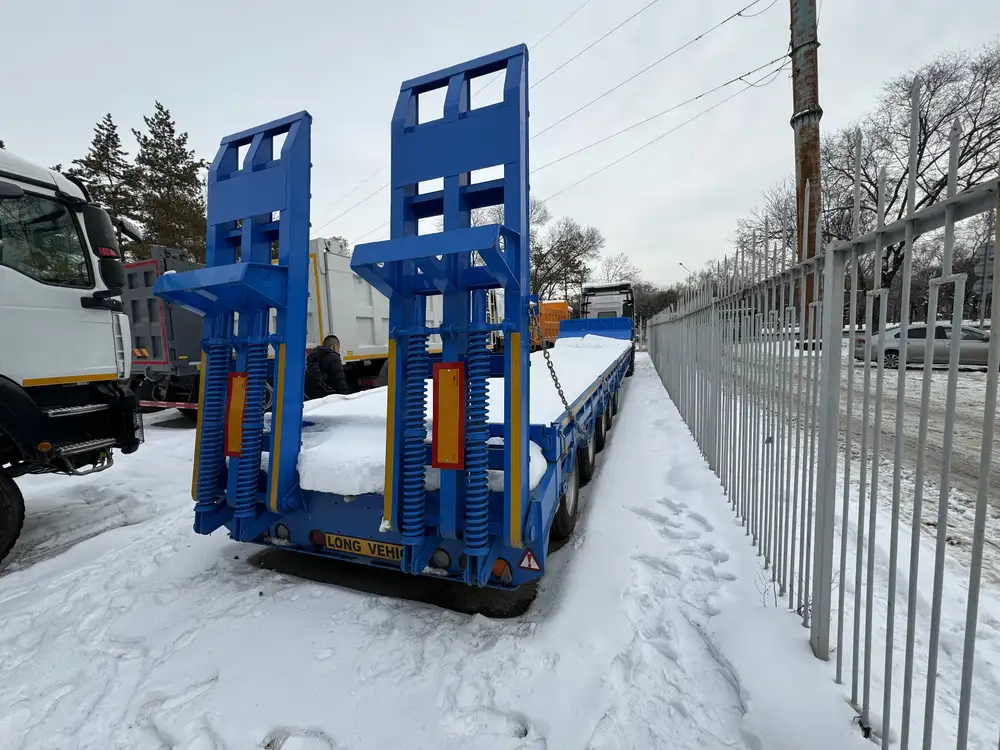
Types of Dump Trailers Available for Rent
Dump trailers can be categorized based on their features and intended use. Here’s a breakdown:
| Type of Dump Trailer | Description |
|---|---|
| Single Axle Dump Trailer | Smaller, suited for residential jobs; lighter loads. |
| Tandem Axle Dump Trailer | Has two axles for heavy-duty projects; capable of hauling larger loads. |
| Heavy-Duty Dump Trailer | Designed for commercial use; reinforced and built to carry extreme weights. |
| Gooseneck Dump Trailer | Provides better stability for transporting heavy loads; ideal for larger equipment. |
| Electric Dump Trailer | Eco-friendly options equipped with an electric lift mechanism for easier unloading. |
Choosing the right type of dump trailer is essential based on your specific needs. Unpacking these various categories ensures you select the most suitable option for your project requirements.
Factors to Consider When Renting a Dump Trailer
Before sealing a rental agreement, several critical factors warrant your consideration:
Size and Capacity
- Assess the volume of debris or materials you will be transporting. Dump trailers come in various sizes, typically measured in cubic yards.
Weight Limitations
- Understand the weight capacity of the dump trailer. Exceeding this limit can result in damage or safety hazards.
Rental Duration
- Consider the duration you’ll need the trailer. Daily, weekly, and monthly rental rates can significantly differ.
Availability
- Popular rental places may have limited stock, especially during peak seasons. Book in advance to secure your trailer.
Rental Company Reputation
- Opt for a reputable rental company. Look for reviews, customer service ratings, and maintenance practices.
Rental Policies and Insurance
- Understand the terms and conditions of the rental agreement. Check for insurance coverage in case of accidents or damages.
Step-by-Step Guide on How to Rent a Dump Trailer
Renting a dump trailer doesn’t have to be complicated. Follow these quick steps to ensure a smooth rental experience.
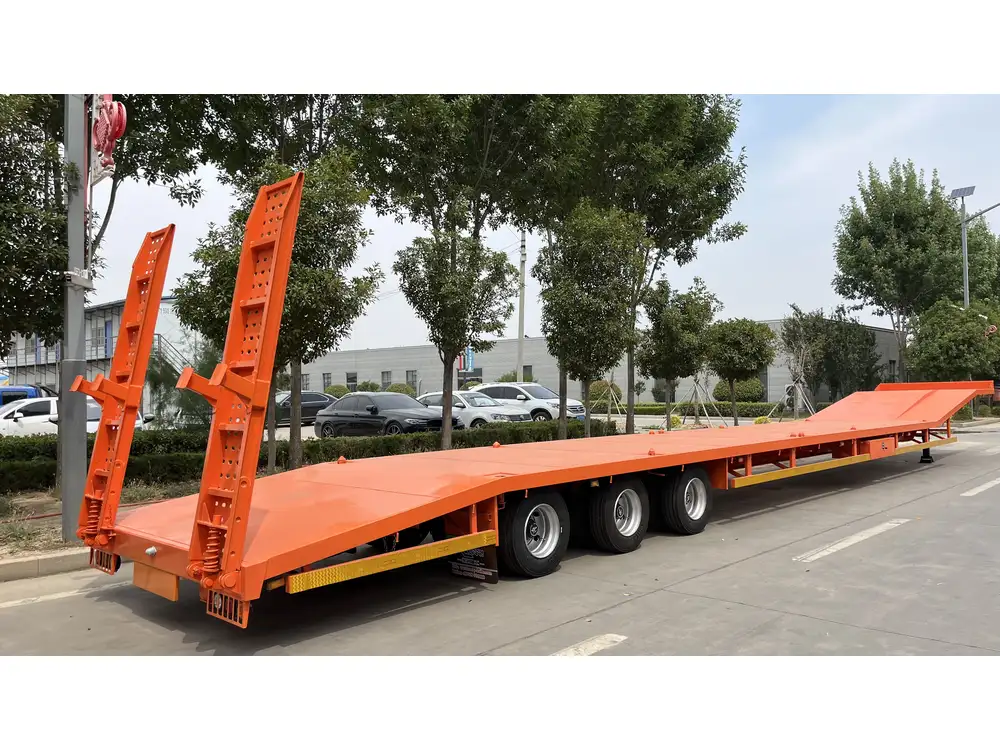
Step 1: Determine Your Needs
Before contacting rental companies, define your project scope. Consider what materials you will be hauling, the weight involved, and how long you will require the trailer.
Step 2: Research Local Rental Companies
Use online search engines to find dump trailer rental companies in your vicinity. Pay close attention to customer reviews and ratings.
Step 3: Compare Rates and Terms
Reach out to multiple rental companies to obtain quotes. Compare not just the prices but also the terms of service, including delivery options, insurance, and late fees.
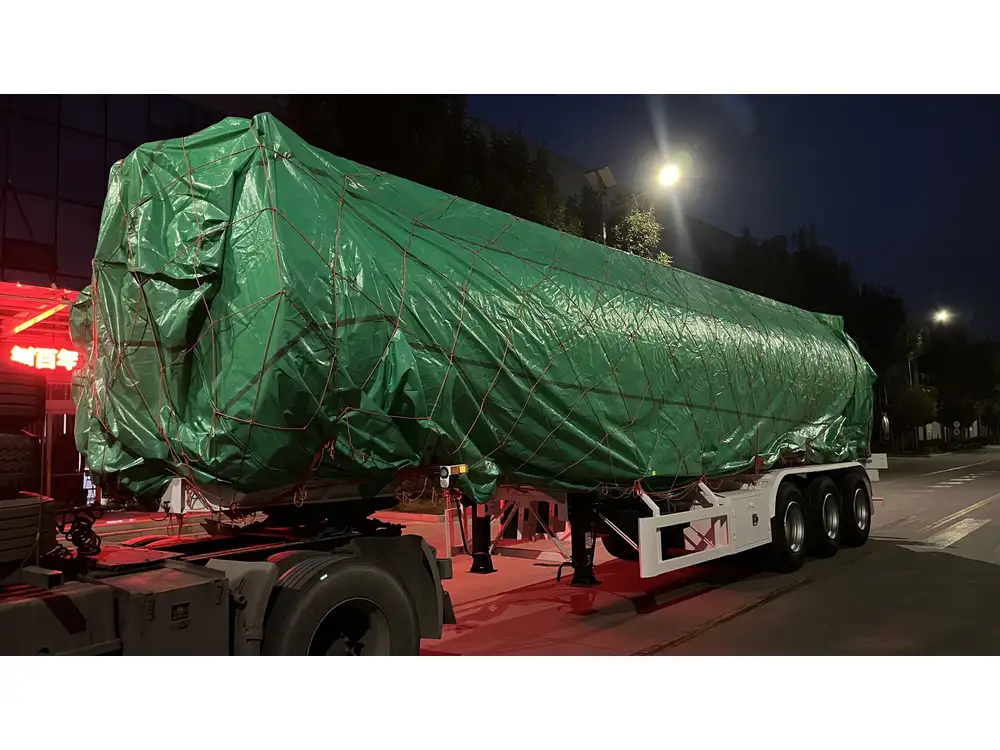
Step 4: Make Your Reservation
Once you’ve selected a rental company, reserve your dump trailer. You may be required to provide a valid driver’s license, proof of insurance, and a credit card for the deposit.
Step 5: Review the Rental Agreement
Before signing, carefully read the rental agreement. Ensure it aligns with your expectations regarding pickup, return, and maintenance responsibilities.
Step 6: Familiarize Yourself with the Trailer
Before driving off with your dump trailer, take a few moments to get acquainted with its features, including the hydraulic lift and safety mechanisms.
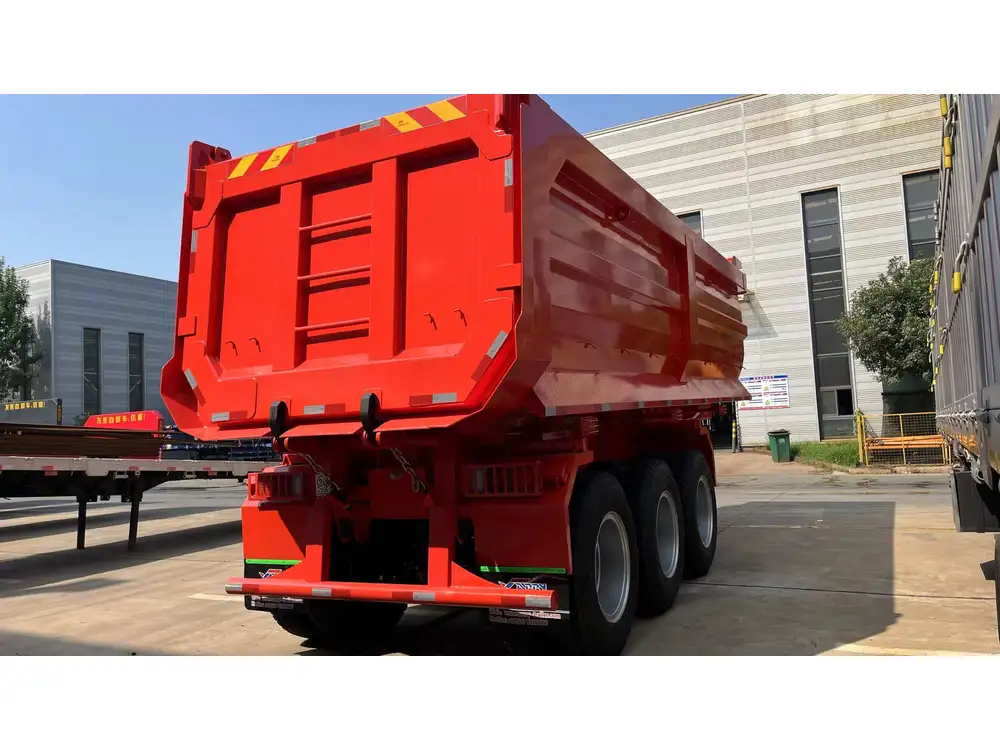
Step 7: Understand Loading and Unloading Best Practices
Ensure that you adhere to best practices for loading and unloading materials, which we will discuss in detail later.
Cost Factors and Pricing Structure
1. Base Rental Fee
Most companies charge a daily or weekly rate for renting a dump trailer. The type and size of the trailer significantly impact this fee.

2. Deposit Requirement
A deposit is generally required to secure your rental. This amount varies by rental company and is refundable upon safe return of the trailer.
3. Insurance Coverage
Insurance is often recommended and may incur additional costs. This coverage protects you from liability in case of damage.
4. Fuel Costs
Consider the fuel costs associated with transporting the dump trailer, especially if you’re hauling it over long distances.
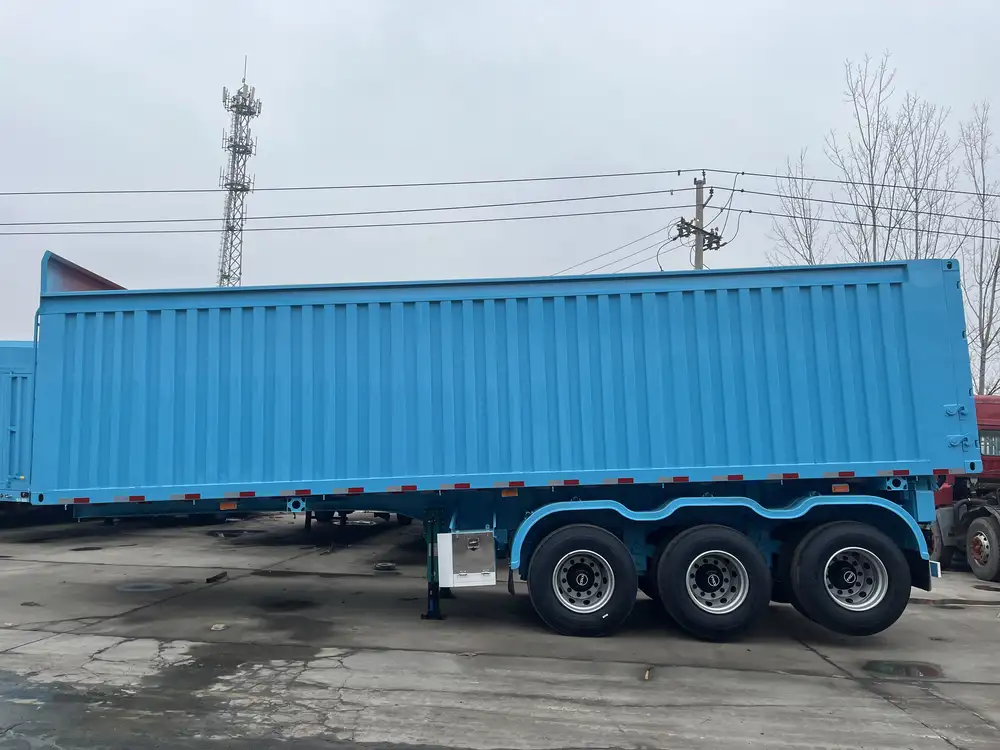
5. Late Return Fees
Ensure timely returns to avoid late fees, which can accumulate quickly.
6. Additional Fees
Look out for potential hidden fees such as cleaning charges or maintenance costs if you damage the trailer.
A typical rental fee can range from $50 to $150 per day, depending on the factors outlined above.
Safety Tips for Using Dump Trailers
Operating a dump trailer requires careful attention to safety protocols to prevent accidents. Here are essential safety tips to consider:
Inspect Before You Operate
- Conduct a thorough inspection of your dump trailer before use, checking for any visible damages or malfunctions.
Follow Manufacturer Guidelines
- Refer to the owner’s manual for specific instructions regarding loading, unloading, and maximum weight capacities.
Secure Loads Properly
- Ensure that materials are distributed evenly to maintain balance. Overloading can lead to swaying or instability while driving.
Use Safety Equipment
- Wear appropriate personal protective equipment (PPE) such as gloves, hard hats, and steel-toed boots while handling materials.
Practice Safe Towing
- Ensure your vehicle is compatible with the dump trailer. Double-check all connection points and brake systems before takeoff.
Unload Safely
- When unloading, choose a flat, stable ground. Lower the trailer completely before removing any blocks or supports to avoid accidents.
Return in Good Condition
- Clean the trailer of any debris before returning it to avoid cleanup fees. Inspect for any damages that may have occurred during your rental period.
By adhering to these safety tips, you not only safeguard your own well-being but also increase the longevity of the rental trailer.

Frequently Asked Questions
How do I know what size dump trailer I need?
Consider the types and quantities of materials you’ll be transporting. Measure the amount of space they will occupy to select the appropriately sized trailer.
Can I rent a dump trailer for one day?
Yes, many rental services offer a daily rental option, but it’s important to check availability and pricing.
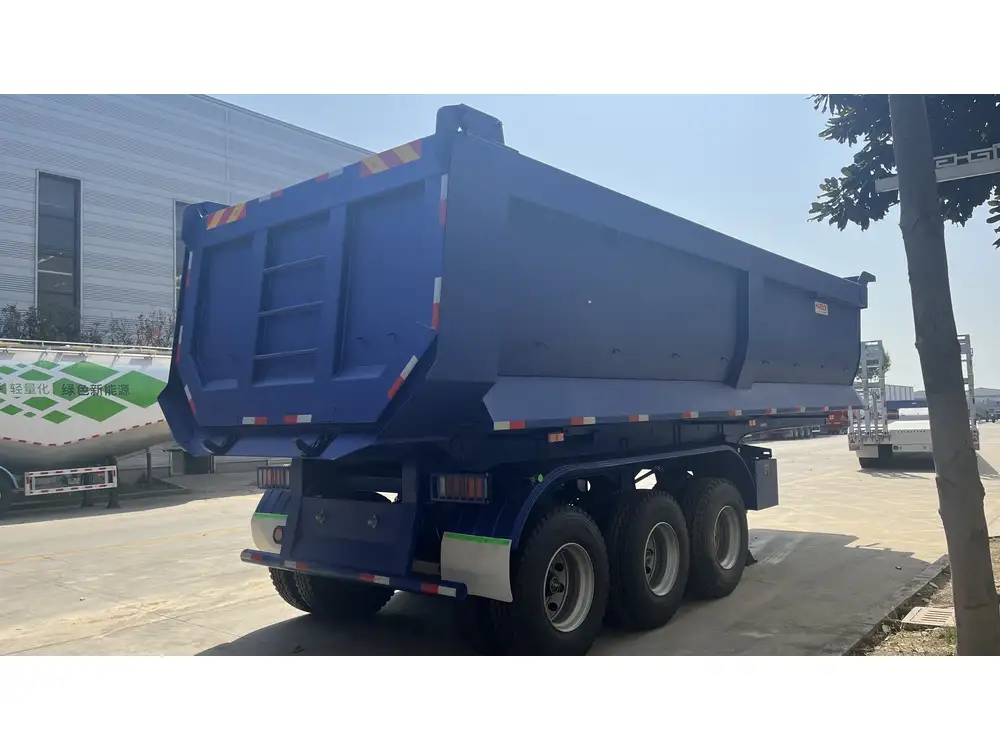
Can I tow a dump trailer with my vehicle?
Confirm that your vehicle’s towing capacity exceeds the combined weight of your trailer, cargo, and any equipment being transported.
What should I do if the trailer is damaged during my rental?
Report any damage immediately to the rental company. Review the rental agreement for insurance policies that cover damages during the rental period.
Are there age restrictions to rent a dump trailer?
Most rental companies require renters to be at least 21 years old, with some requiring 25, depending on company policy.

Conclusion
Renting a dump trailer can streamline your project, making waste disposal and material transportation efficient and hassle-free. By understanding the different types of trailers, knowing what to consider before renting, following a clear step-by-step rental process, and practicing safe usage, you can optimize your rental experience.
Be proactive in your approach, conduct thorough research, and don’t hesitate to seek expert advice when necessary. With the right dump trailer, your project can progress smoothly, allowing you to focus on achieving your goals without the weight of logistical concerns. Choose wisely, stay informed, and enjoy the benefits that a dump trailer can bring to your undertaking.



